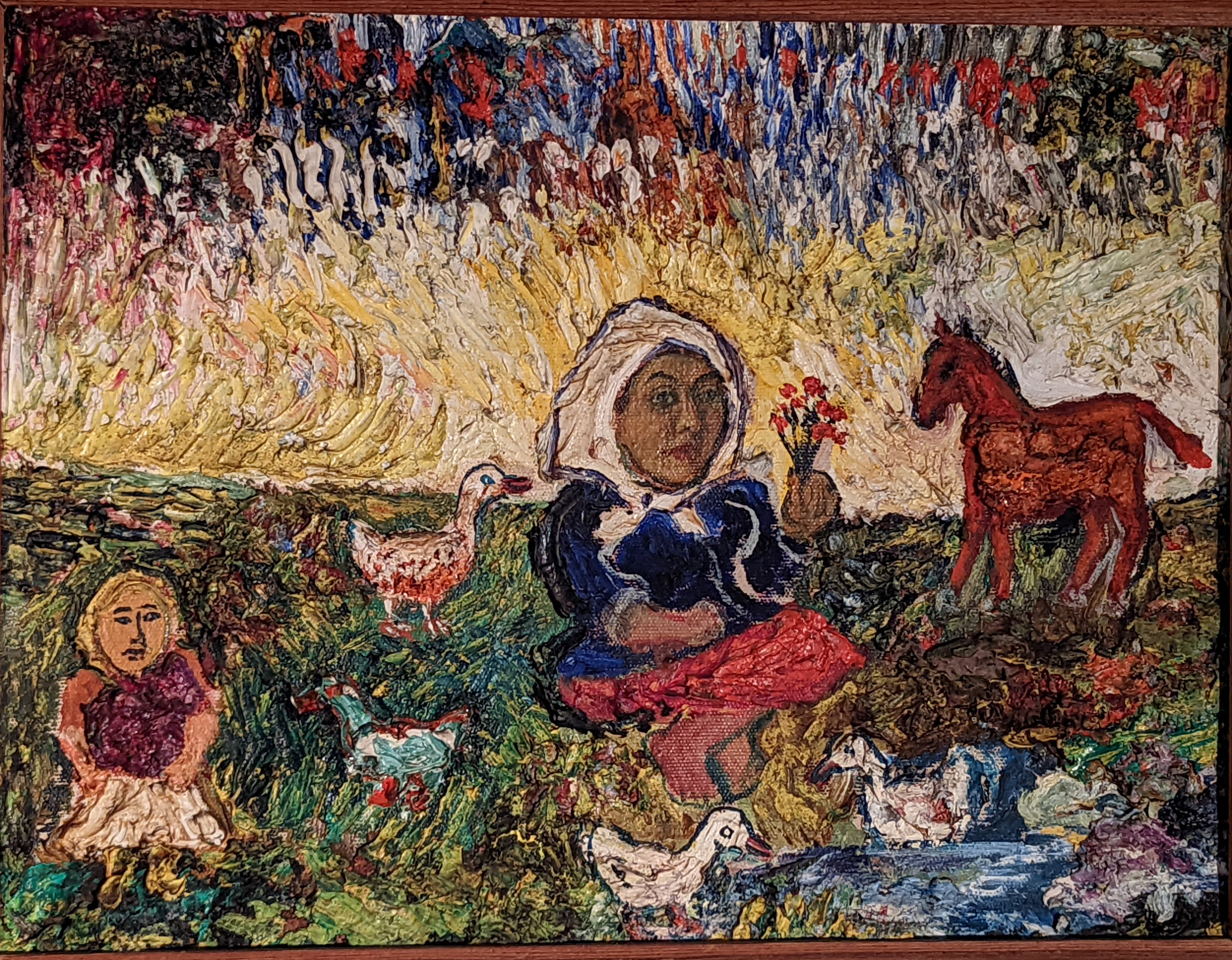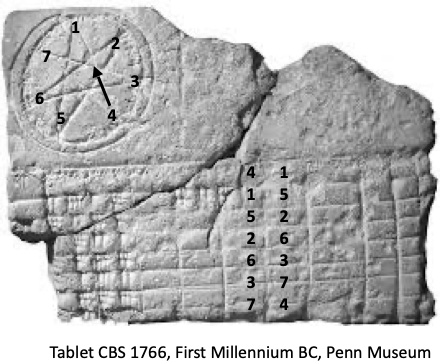Google Translate is even better now, part 2
"Google Translate learns 24 new languages"
Isaac Caswell, Google blog (5/11/22)
==========

For years, Google Translate has helped break down language barriers and connect communities all over the world. And we want to make this possible for even more people — especially those whose languages aren’t represented in most technology. So today we’ve added 24 languages to Translate, now supporting a total of 133 used around the globe.
Over 300 million people speak these newly added languages — like Mizo, used by around 800,000 people in the far northeast of India, and Lingala, used by over 45 million people across Central Africa. As part of this update, Indigenous languages of the Americas (Quechua, Guarani and Aymara) and an English dialect (Sierra Leonean Krio) have also been added to Translate for the first time.
Read the rest of this entry »


 Calendars, old and new, are based on astronomical cycles: the yearly cycle of the sun; the monthly cycle of the moon. But there is one unit of time that doesn’t adhere to any celestial rhythm: the seven-day week.
Calendars, old and new, are based on astronomical cycles: the yearly cycle of the sun; the monthly cycle of the moon. But there is one unit of time that doesn’t adhere to any celestial rhythm: the seven-day week.